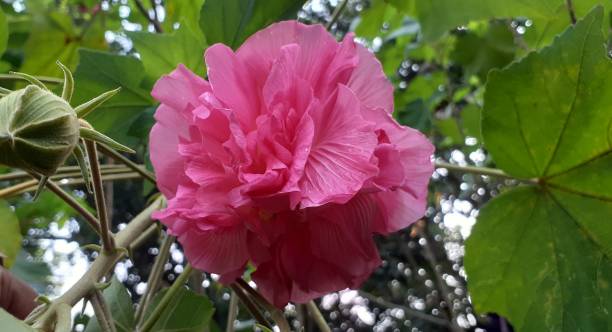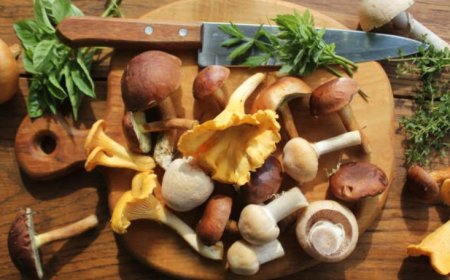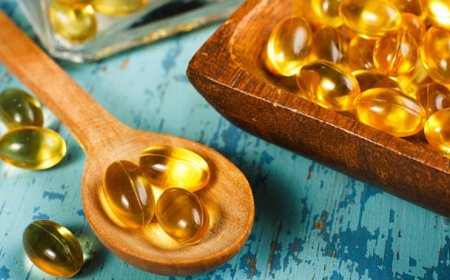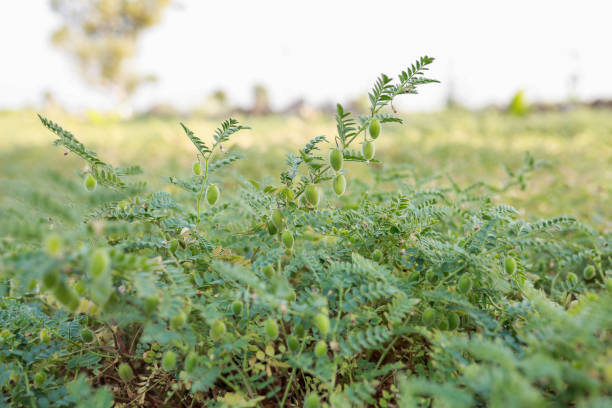Hibiscus: Unveiling the Beauty and Benefits of a Versatile Plant
From Ornamental Delight to Culinary Delicacy, Exploring the Hibiscus's Charm

Historical data does not support any particular health benefits of the Confederate rose, also known as the Hibiscus syriacus. In actuality, it is connected to the history of racism and slavery in the Confederate States of America. Because of this, a lot of individuals consider it to be an offensive sign.
Having said that, hibiscus plants have a few general advantages, such as:

Amazing: The enormous, eye-catching flowers that hibiscus bushes produce are well-known for their range of colors. They are frequently utilized in landscaping and gardens as decorative plants.
Sugar-free flowers: Certain hibiscus plants have edible blossoms that can be used to salads, drinks, and other recipes.
Medical characteristics: Certain hibiscus species might be therapeutic. Hibiscus sabdariffa, for instance, is occasionally used to reduce blood pressure.
Draws pollinators in: Because of their abundance in nectar, hibiscus blossoms can draw a wide range of pollinators, including hummingbirds, butterflies, and bees.
Purification of the air: Because they release oxygen into the air and remove carbon dioxide, hibiscus plants can aid in air purification.

It's crucial to select a hibiscus variety that is suitable for your climate and growth environment if you're thinking about planting one. Additionally, keep in mind that many hibiscus species have the ability to hybridize with other plants to produce entirely new types.












































































































































































































